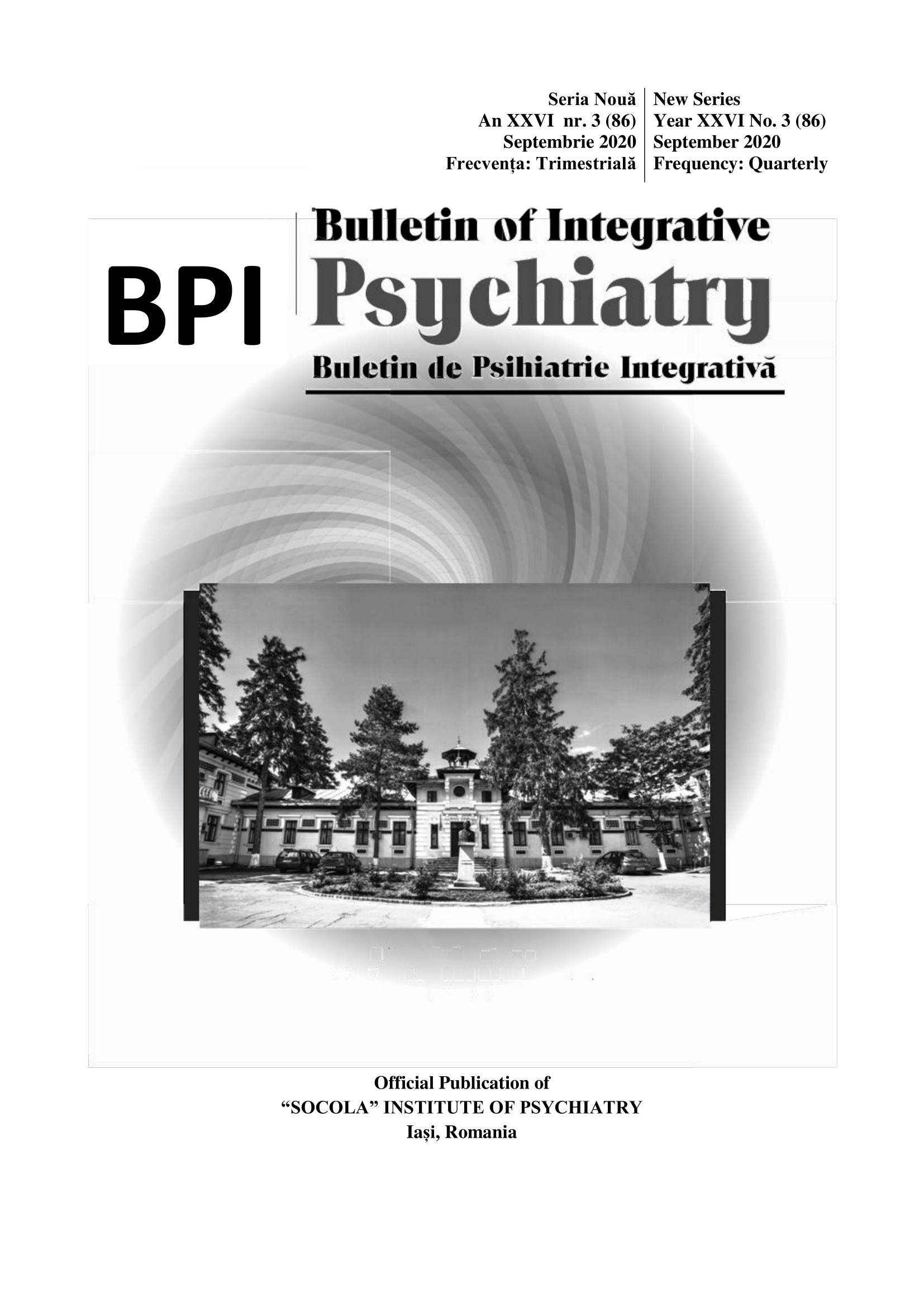The psychiatric impact of coronavirus infection in the population
The psychiatric impact of coronavirus infection in the population
Author(s): Leon Maria Magdalena , Alexandra MASTALERU, Irina Abdulan, Ovidiu MITU, Andra Oancea, Ioana Madalina Zota, Florin MituSubject(s): Health and medicine and law
Published by: Editura Sedcom Libris Iasi
Keywords: Coronavirus; anxiety; depression;
Summary/Abstract: The Coronavirus pandemic that started last year has an unsuspected magnitude, spreadingworldwide. In addition to physical suffering, patients confirmed or suspected of COVID-19face severe psychological pressures. Isolated, suspicious cases may suffer from anxiety due touncertainty about their health and may develop obsessive-compulsive symptoms, such asrepeated temperature checks, sterilization or sanitization of surrounding objects. People withpsychiatric disorders are more likely to develop severe episodes of depression, anxiety,insomnia stress and even forms of post-traumatic stress. In the face of these new criticalsituations, front-line medical staff, who are directly involved in the diagnosis, treatment andcare of patients with COVID-19, risk developing forms of psychiatric suffering.Unfortunately, medical staff also face numerous phobias imposed by restrictive measures inthe context of the pandemic: hand disinfection, wearing personal protective equipment,disposable gowns, etc. Also, another phobia of the medical staff is the distancing from thefamily or the risk of illness. Emerging mental health issues related to this global event canevolve into long-term health problems, isolation and stigma. Telepsychiatry and behavioraltherapy through smart devices should focus on relaxation exercises in order to counteractanxiety, post-traumatic depression-like symptoms, anger and irritability. Planning activities(for example, exercising at home) can improve your physical and mental health. COVID-19infection is a global problem that has caused a radical change in lifestyle, the impact of thesechanges, restrictions and major changes being received differently depending on the characterof each person. This pandemic seems far from over. We hope that the number of patients withmental illness will not increase exponentially and through alternative methods we willmaintain the well-being of those who exist.
Journal: Buletin de Psihiatrie Integrativa
- Issue Year: 86/2020
- Issue No: 3
- Page Range: 27-33
- Page Count: 7
- Language: English

